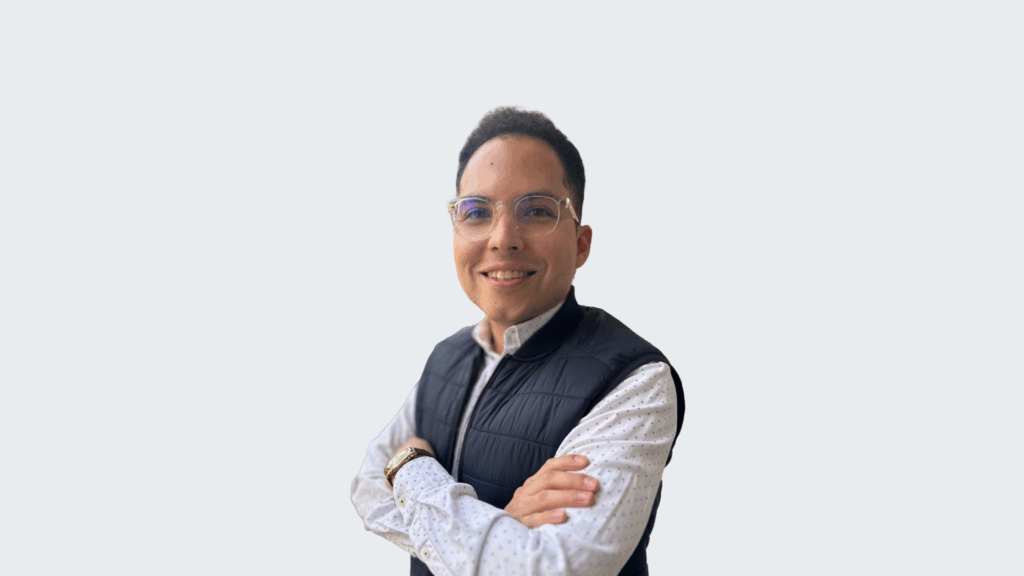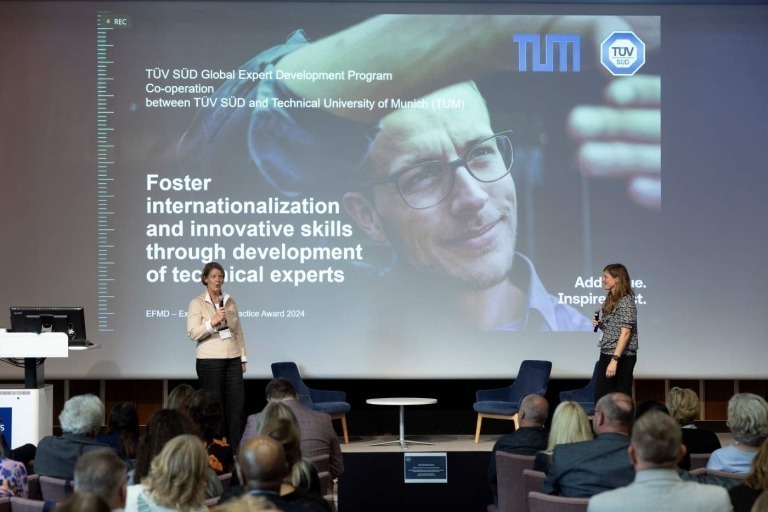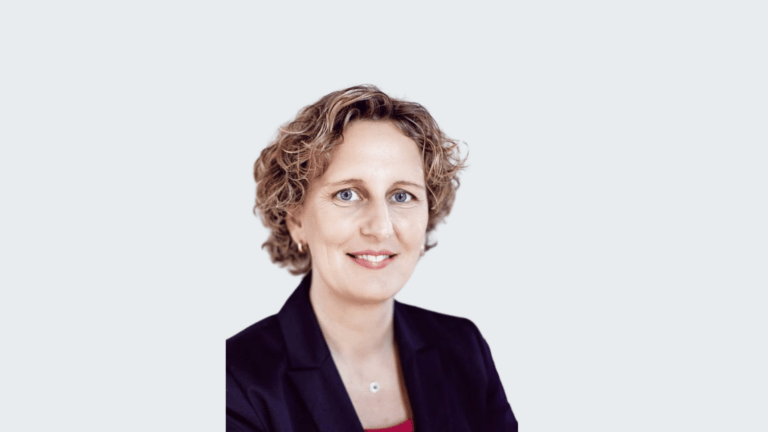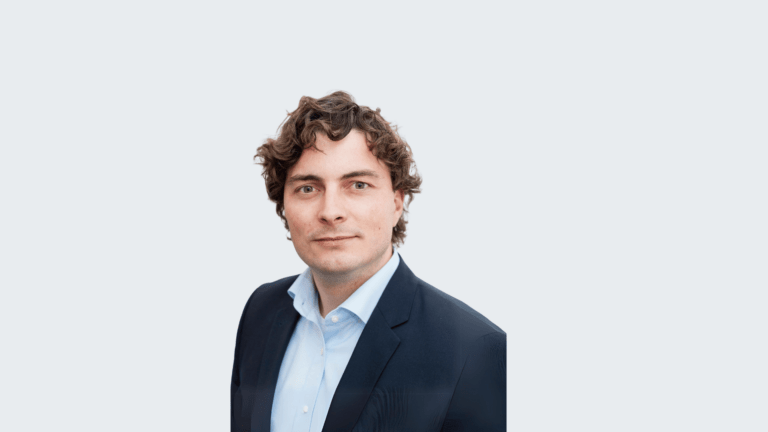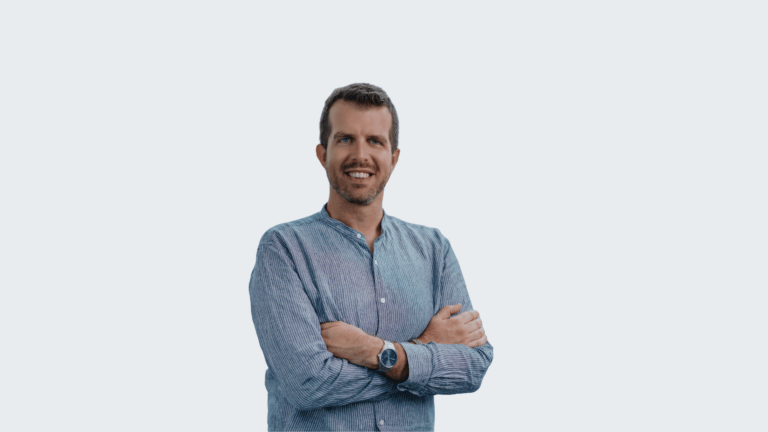News
News at the TUM Institute for LifeLong Learning
The news section of the TUM Institute for LifeLong Learning offers a central platform to present current developments, new programs and events. The focus is on topics related to lifelong learning, continuing education and professional qualifications. The content combines the latest research findings with practice-oriented solutions to help managers and specialists develop further in a rapidly changing world of work. Events, new course offerings and success stories from participants are published regularly to show how the institute enables professional development at the highest level.
Latest posts
- Filter
- All categories
- All categories
- Additive Manufacturing
- AI in Production Engineering
- Blog
- Certificate programs
- Certified Cyber Security Specialist
- Community
- Digitilization
- Executive MBA
- Executive MBA in Business & IT
- Executive MBA in Innvoation & Business Creation
- International Experience
- Leadership
- Networking
- News
- Podcast
- Quantum Technologies
- start-up
- Student Life
- Technology
- Uncategorized
- Unkategorisiert
LOAD MORE
You are currently viewing a placeholder content from Facebook. To access the actual content, click the button below. Please note that doing so will share data with third-party providers.
More InformationYou need to load content from reCAPTCHA to submit the form. Please note that doing so will share data with third-party providers.
More InformationYou are currently viewing a placeholder content from Instagram. To access the actual content, click the button below. Please note that doing so will share data with third-party providers.
More InformationYou are currently viewing a placeholder content from X. To access the actual content, click the button below. Please note that doing so will share data with third-party providers.
More Information
